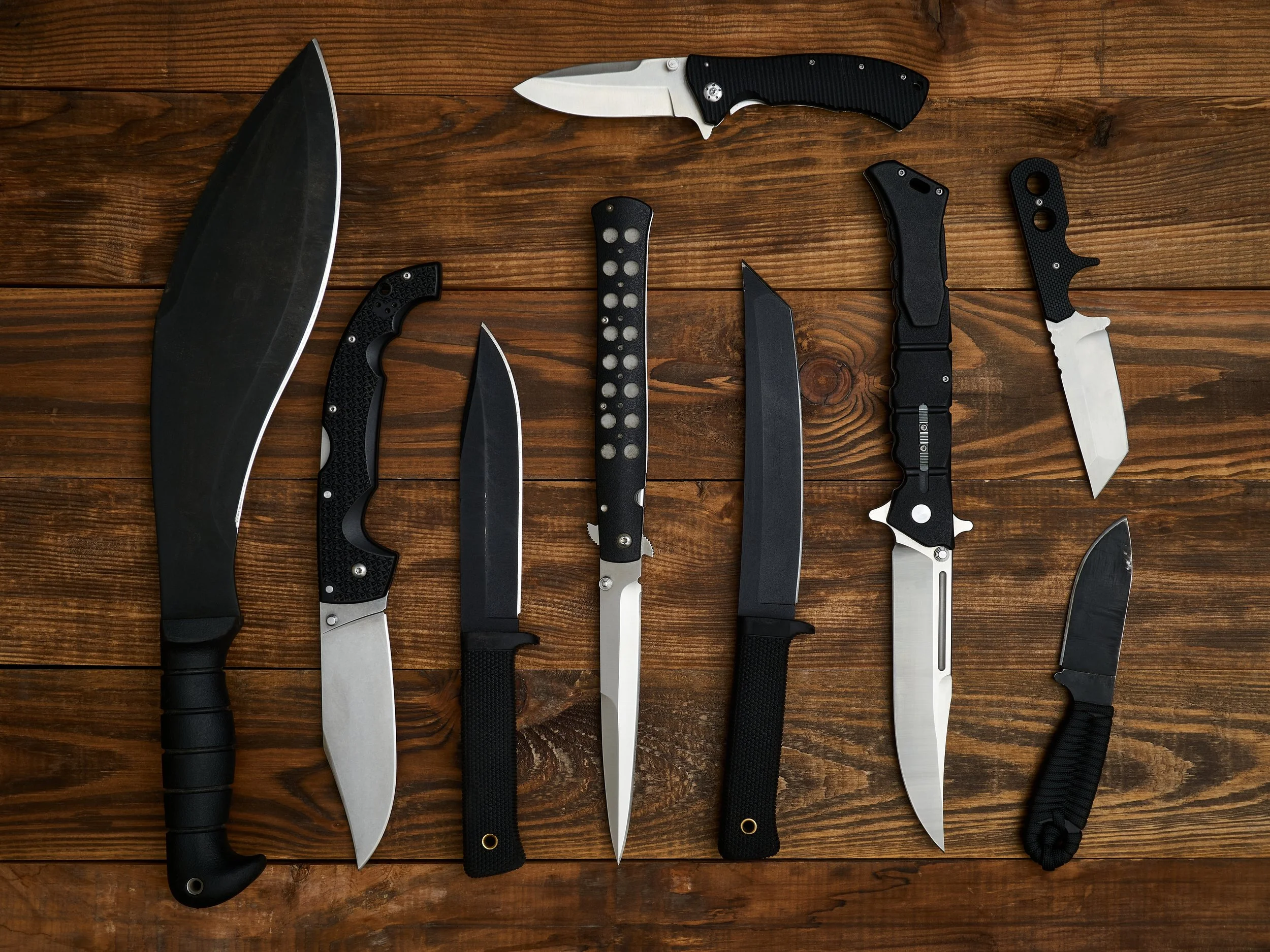Having a knife at home; how the law has changed.
In recent years, the Government has been tightening up the laws around knives to try to combat the growing prevalence of knife crime.
In July 2021 it became illegal to possess certain types of knives, even in the privacy of your own home. Banned knives and weapons include: knuckledusters, flick knives and zombie knives (a blade with a serrated edge or a cutting edge).
From September 2024 it became illegal to import, sell or distribute these weapons in the UK.
Now there are even more stringent laws coming into force. The new Crime and Policing Bill will enable the police to seize and destroy knives which are held in private.
That will include standard kitchen knives, which are kept at home, if the police have reasonable grounds to suspect that the blade will be used for serious violence or other crime.
Can you own a knife?
If you are over the age of 18, you can possess a knife for personal use, like a kitchen knife. However, the knife must be kept at home and you cannot take it into the public realm without a valid reason.
Nobody is allowed to own one of the banned or illegal knives. A full list of banned knives is on the Government website: https://www.gov.uk/buying-carrying-knives
Can you carry a knife?
No, you cannot carry a knife, even if it is a legal knife. If you are caught with a knife, it is likely that you will be arrested. You could get a prison sentence of up to 4 years for this offence.
The second strike rule
If you have previous convictions for knife crime, that will act as an ‘aggravating factor’ when it comes to your sentencing. That means that the sentence you receive will be more severe than if you have no previous convictions. You are more likely to end up with a custodial sentence if you have any previous convictions.
For example, when sentencing the offences of:
· possession of an offensive weapon in a public place
· possession of an article with a blade/point in a public place
· possession of an offensive weapon on school premises; and
· possession of an article with blade/point on school premises
a court must impose a sentence of at least 6 months’ imprisonment where this is a second or further relevant offence.
You may have a defence which shows that there are “particular circumstances” offender which make a prison sentence unjust, but this can be difficult to establish.
In most cases, a second strike for an offence of knife crime will end up with a prison sentence.
How can you get rid of an illegal knife?
If you own a knife that is on the banned list, and you want to get rid of it, you can hand it over to the police.
There was a voluntary amnesty in the summer of 2024, during which people could surrender the knives without any legal implications. However, that scheme ended on 23 September 2024. After that date, people are still encouraged to hand these weapons into their local police station or local surrender bin immediately.
If you’re arrested for an offence involving a knife, or you’ve been charged please get in touch. A representative of Harewood Law will assist.
It is still better to hand it over voluntarily though, than to be found in possession of an illegal weapon. You could be prosecuted for possessing it, and deemed to have ill-intent. But if you hand it over, there is less debate about your intentions for using it for harm.
Contact Harewood Law today, we work on both privately funded and serious Legal Aid cases across Leeds, Bradford, Halifax, Wakefield, Huddersfield, Keighley and across West Yorkshire and the UK.
0333 3448377 | info@harewoodlaw.com



